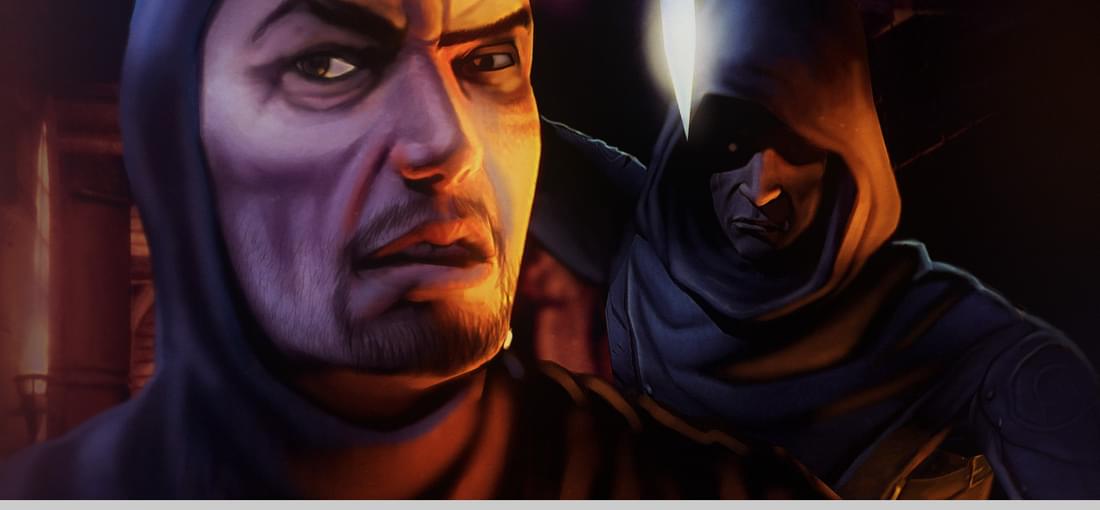


One can simultaneously expect too much and too little from the third title in as seminal a series as Thief. Deadly Shadows' chilly public reception of late (I say 'of late', because the game was actually very well received upon release) is further evidence of this fact. While it's true the game suffers from niggling maladies like the removal of swimming and smaller level sizes, these points of contention are, more often than not, exaggerated to an appalling degree by some of the more fanatical elements in the series' fanbase. The truth of Deadly Shadows is that it refines many of the core elements of the series' style of play: Dynamic shadows that can move and thereby radically affect gameplay, a more nuanced audio engine with enhanced sound propagation and finer gradations in noise level, enemy A.I. that FINALLY takes note of stolen objects and missing comrades, and the addition of a city hub that reacts in real time to Garrett's choices throughout the game are all feathers in the cap of Deadly Shadows that the previous games simply do not possess. While I wouldn't put it above Thief II: the Metal Age for sheer scope and replay factor, Thief 3 stands well in advance of The Dark Project for several reasons. Chief among these: It knows exactly what it is. The Dark Project was an experiment. Developer interviews in subsequent years since the game's 1998 release have revealed that most of the team wasn't even cognizant of the fact that they were making a 'stealth' game until just a few months out from launch... and that's very much reflected in the final product. Deadly Shadows, flaws aside, is a stealth game first and foremost. A masterful one. Don't follow the herd and miss out on this masterpiece. You'd be depriving yourself of one of the finest stealth games ever made.